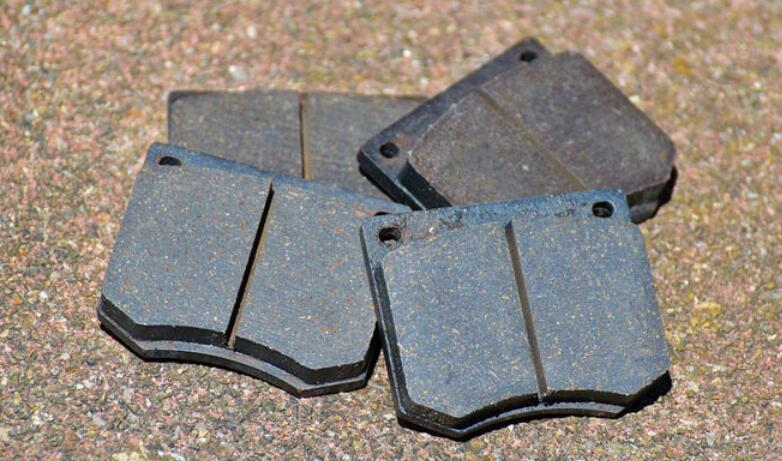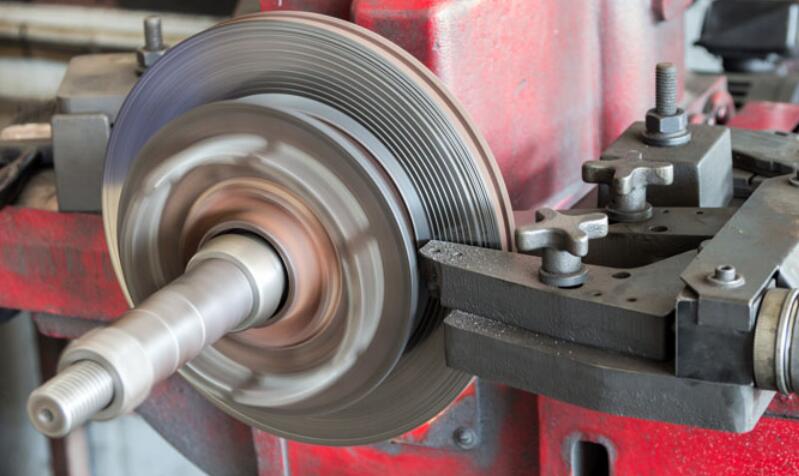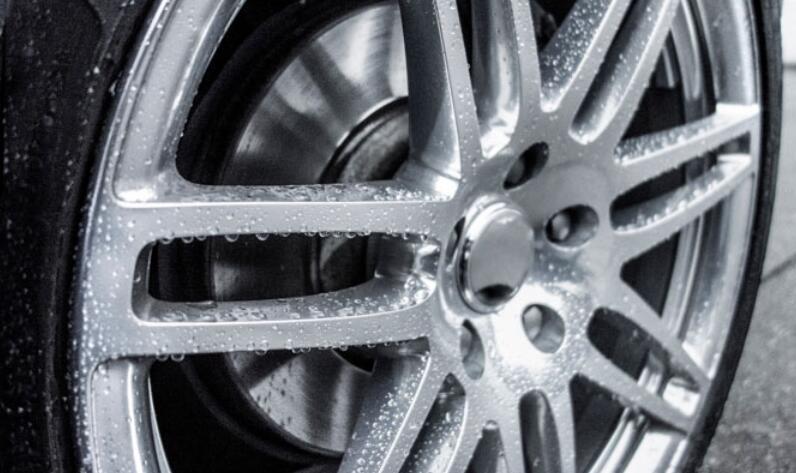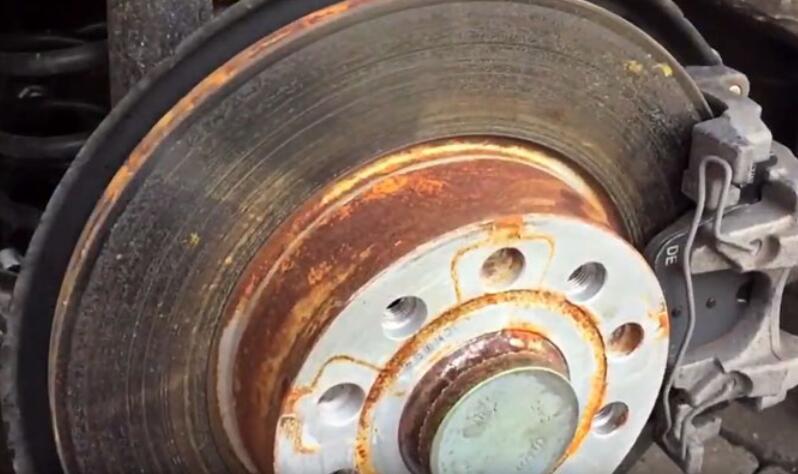Copyright © Shindary Automotive Parts Co., Ltd. All Rights Reserved
Home >> News >> New squeal brake? Why?
New brake squeal or squeak? The truth is, it depends on a variety of factors, which is why we've put together this guide to help you better understand what's going on. Because while you may need to take it back to the repair store, or look for a new one, sometimes this is a completely normal situation.
While it is completely normal for some brake pads to squeak, the last thing you want to do is ignore it and assume that everything is fine. This is because while it may be a normal condition, it may also be trying to tell you that something very serious is happening.
So if you hear squealing pads, consider all of the following potential causes, and if it doesn't look or feel right, have the brakes looked at or have a mechanic check them out.
There are several potential causes of squeaking or squealing when you are using new brakes. Below we've highlighted the five most common conditions and how to tell if your brakes are doing this.
When we say "cheap" brake pads, we don't want to give you the wrong impression. Semi-metallic brake pads will stop your vehicle very well, but low-end semi-metallic pads will just make noise when you apply the brakes.

If you choose a lower priced brake pad, chances are that's why you won't get the quiet effect you want when you apply the brakes.
If you want to avoid this in the future, we recommend that you use high quality ceramic brake pads. Not only do they last longer and improve braking performance, but they are generally quieter and don't produce as much brake dust.
When you replace your brake pads, you should replace the rotors or flatten them. This allows the pads to mate with the rotors to get a flush fitting, which gives them maximum braking power.
Not only that, but you must break the pads to make them work properly.

If you ignore any of these steps, you will lose braking power and you may hear a squealing or squealing sound when you apply the brakes.
If you go to your car in the morning and you hear a squealing sound when you apply the brakes, it's likely just the brake pads squeaking in the morning dew. This is normal and it should go away after a few applications of the brakes.

You can say the same thing after washing your car. Some moisture on the rotors can cause a temporary squeal.
Any time there is anything between the pad and rotor it will make some noise. A little dust is no big deal, even if it's a little noisy, but anything else (like small pebbles) can cause serious problems.
Not only does debris between the shingle and rotor make a lot of noise, but it also wears the pads and rotor in an uneven and rapid manner. Worse still, it can significantly affect braking performance, which can lead to accidents.

Even if you have new brake pads, it doesn't necessarily mean that you drive your vehicle regularly. If it's been sitting for a long time, chances are that all you've heard is that the pads have worn rust on the rotors while you were driving.
After you have been on the road for 5-10 miles, you should wear the rust off the rotors and the squealing should go away.
It depends on what is happening. If the problem is rotor rust, rotor moisture, or even dirt between the rotor and pad, it will go away on its own.
However, if the problem is debris between the pads and the rotor, then the problem will most likely persist until someone removes the debris. Also, improperly fitted pads or cheap brake pads mean that the problem won't go away until you replace the pads and start over.

If you feel anything or hear anything other than a squeal or screech when you apply the brakes, you should take your vehicle to a mechanic as soon as possible. Also, if the sound is unusually loud, then you should also take it back to the repair store.
Determining if it is unusually loud can be a bit challenging if you don't know what the acceptable range is, but try to use this as a rule of thumb.
With the windows open and the radio turned down, you should not hear a squeak or squeal. If you can, either something is happening or the work is in poor hands. Either way, the repair store should fix it for you.
While squeaks and squeals are two types of brake noises you may hear, they are not the only ones. Below we've highlighted three other brake noises you may hear and give you a quick overview of what each one means and what you should do when you hear them.
If you hear a grinding sound when you apply the brakes, it's an indication of a serious problem. That's because when you hear grinding, it's usually metal on metal contact. The caliper may be applying the brakes, or something else may be going on.
If you have new brakes and you hear grinding, take them straight back to your mechanic and have them fix them for you. You should also check the work as metal on metal grinding can quickly lead to further damage and they should fix those for you as well.
When your rotor bends, it will usually make a thumping sound. If you don't choose to replace your rotors, but the repair store provides them to you, that means they screwed up the job.
If you choose to skip the rotors altogether, it's probably not the repair store's fault and you just need new rotors.
If you have new brake pads and you hear a clicking sound when you apply the brakes, one of three things is happening.
● First, the repair store may have lied to you and charged you for brake replacement when they didn't.
● Second, they may have forgotten to tighten something.
● Finally, you may have a damaged component. This could be anything from a bolt to a caliper, but either way, this is a big deal, and if it only started when you left the repair store, they probably did.
Either way, this is a serious issue and you should go back to the repair store and see what they have to say. If you suspect a loose part on your brakes, we strongly recommend that you do not drive your vehicle until it is repaired.
Shindary Automotive Parts Co., Ltd.